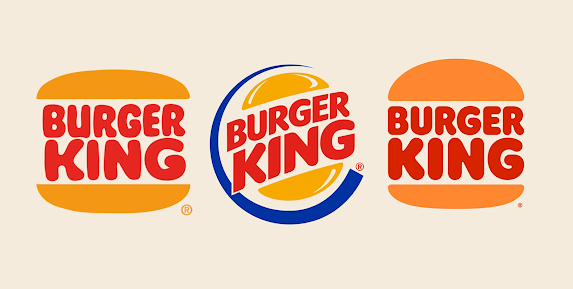I Don't Care About God's Nonexistence

Some of the most fundamental truths of ourselves, our universe, and the ways we interact with it are irreversibly solipsized beyond credibility. This validity is lost because, as any sane individual would avow, absolutism of the ego is the driving maxim of the victim of perception-related fallacy. And yet, the desire to be the sole purveyor of reality is evolutionarily inherent, since we are ultimately driven to survival, not truth. This characterizes the problem of atheism and its nucleic intellectual inconsistency. The modern atheist often highlights the evils of establishment religion -- its abuses, its overreaches, its tendencies to autocracy. But this modern atheist is unable to sufficiently answer the question that undergirds the quintessential theological rebuttal: according to what? What is evil if there is no arbiter to determine it? If religion is evil according to the Christian ethical perspective, then that ethical perspective is self-defeating. If it is self-defeating, the







